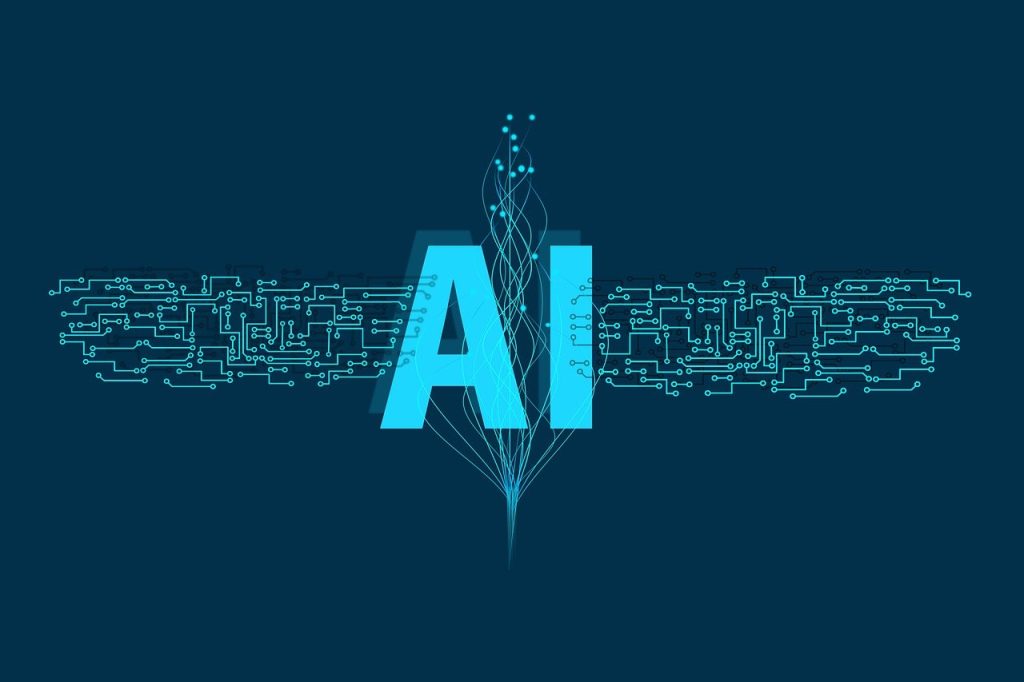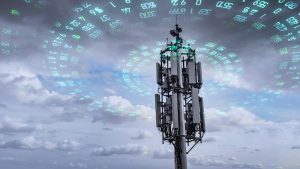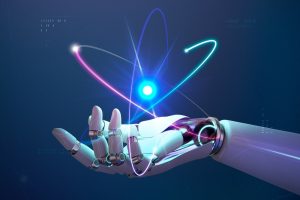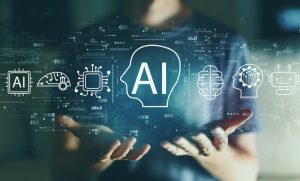What Is Artificial Intelligence

Artificial intelligence (AI) is the ability of a computer or a computer-controlled robot to perform tasks that are normally performed manually because they need human intelligence and good judgment. Artificial intelligence is the study and design of new computer systems capable of performing tasks that would normally require human intelligence. Speech recognition, decision-making, and visual perception, for example, are human intelligence characteristics that artificial intelligence may possess.
How does artificial intelligence work?
As the hype surrounding, AI has grown, vendors have been rushing to promote how AI is used in their products and services. What they refer to as AI is frequently just one element of AI, such as machine learning. AI necessitates the use of specialized hardware and software to write and train machine learning algorithms. There is no single programming language that is synonymous with AI, but a few are popular, including Python, R, and Java.
In general, AI systems operate by putting large amounts of labeled training data, analyzing the data for correlations and patterns, and then applying these patterns to predict future states. By reviewing millions of examples, chatbot-fed examples of text chats can learn to produce lifelike exchanges with people, or an image recognition tool can learn to identify and describe objects in images.
Benefits and risks of AI
We are getting a lot of benefits from AI in many ways like time-saving, human power saving, and a lot more.
Most of the researchers told that a super-intelligent AI cannot feel human emotions such as love and hate that there is no reason to expect AI to become intentionally benevolent or malevolent.
The AI is programmed to do something risky: Autonomous weapons are artificial intelligence systems designed to kill. These weapons have the power to cause widespread devastation if they fall into the hands of the wrong person. To avoid being beaten by the enemy, these weapons would be designed to be extremely difficult to simply “turn off,” allowing humans to lose control of them.
WHY THE RECENT INTEREST IN ARTIFICIAL INTELLIGENCE SAFETY?
Stephen Hawking, Elon Musk, Steve Wozniak, Bill Gates, and many other big names in science and technology have recently shown concern about the risks generated by AI in the media. They all want to minimize the risks in AI.




